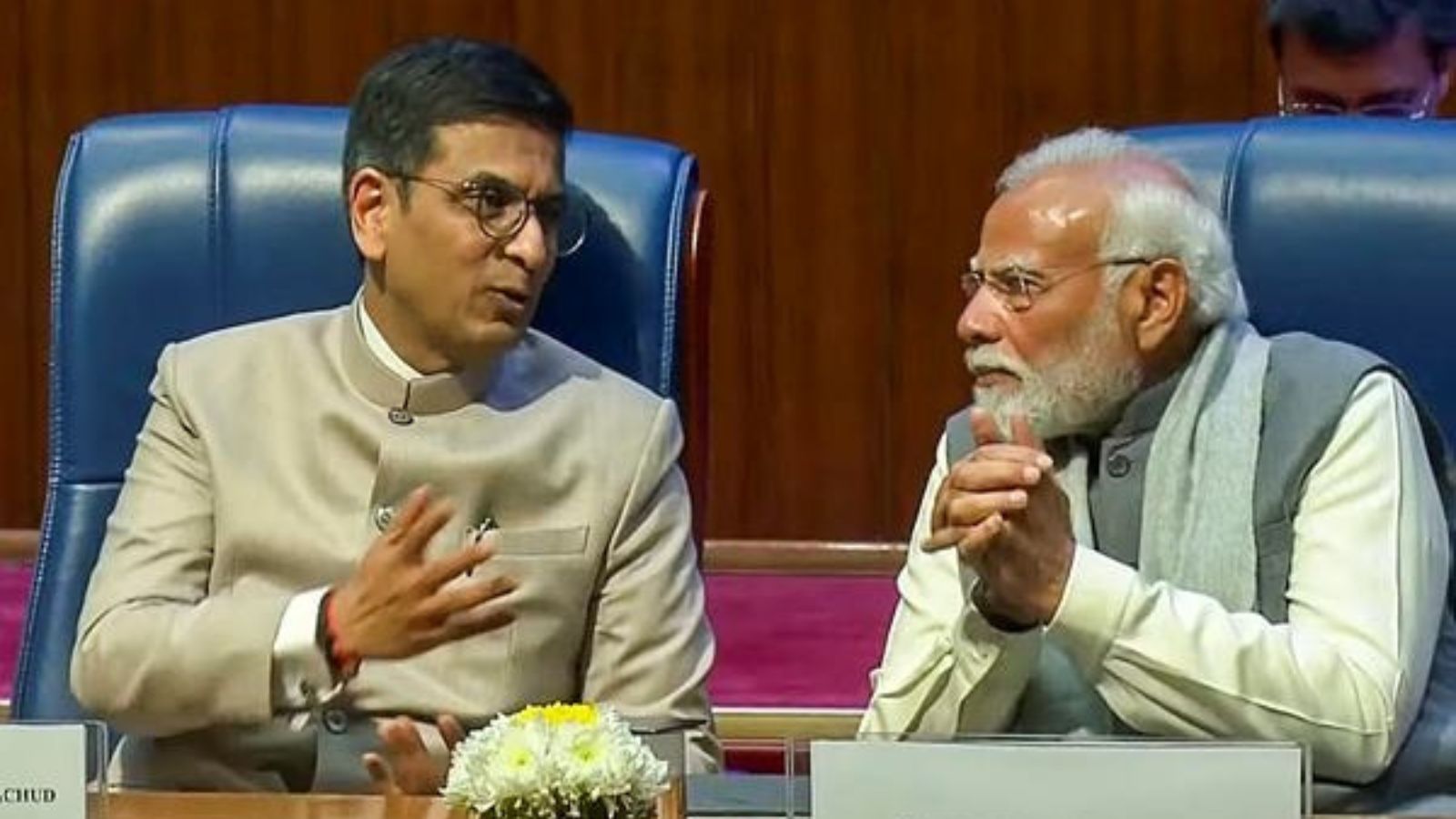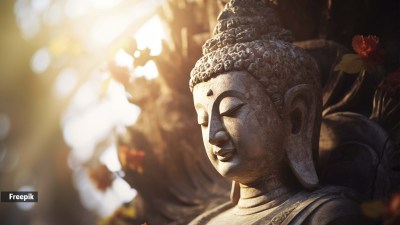Whether it is freedom of expression, personal freedom or social justice, SC has strengthened India’s vibrant democracy: PM Modi
PM Narendra Modi was delivering the inaugural address at the diamond jubilee celebrations of the Supreme Court.

The Supreme Court of India has made continuous efforts to protect the principles of freedom, equality and justice and “has strengthened India’s vibrant democracy”, Prime Minister Narendra Modi said on Sunday.
Delivering the inaugural address at the diamond jubilee celebrations of the Supreme Court, PM Modi recalled the makers of the Constitution saw the dream of a free India based on freedom, equality and justice and that the Supreme Court had continuously tried to preserve these principles.
“Whether it is freedom of expression, personal freedom or social justice, the Supreme Court has strengthened India’s vibrant democracy,” he said.
Addressing a programme marking 75 years of the Supreme Court. https://t.co/tEtQeA8MRd
— Narendra Modi (@narendramodi) January 28, 2024
The prime minister noted that in its journey lasting more than seven decades, the court took many important decisions on individual rights and freedom of speech and that “these decisions have given a new direction to the socio-political environment of the country”.
Modi said that today, every institution, every organisation in India, be it executive or legislature, is working keeping in mind the goals of the next 25 years. “With this thinking, big reforms are also taking place in the country today,” he said.
PM Modi said that India’s economic policies today would form the basis of tomorrow’s bright India and that the laws being made today would further strengthen the bright India of tomorrow.
The PM said that in the changing global circumstances, the eyes of the whole world are on India and the trust of the whole world on India is increasing. He emphasised the need to capitalise on all opportunities coming our way and mentioned that the ease of living, ease of doing business, travel, communication and the ease of justice were the nation’s top priorities now.
Noting that the entire justice system in the country is administered and guided by the Supreme Court of India, the prime minister pointed out that the government had given approved the third phase of the E-Courts Mission project to make the court accessible to the remotest parts and added that fund allocation for the third phase had been increased four times.
He expressed delight that the digitisation of all courts in the country was being monitored by the Chief Justice of India himself.
Reiterating the government’s commitment to improving the physical infrastructure of the courts, the PM said that after 2014, more than 7,000 crore rupees had been already distributed for the purpose.
Acknowledging the problems of the current Supreme Court building, PM Modi also said the government had last week approved Rs 800 crore for its expansion.
Underlining the use of artificial intelligence to translate his speech, the PM said that it could be tried also in courts to make lives easier for the common people.
PM Modi emphasised the need for laws to reflect both Indian ethos and contemporary practices.
“The convergence of Indian values and modernity is equally essential in our legal statutes,” he said, adding that “the government is actively working on modernising laws to align with the present situation and best practices”.
PM Modi highlighted the government’s initiatives in abolishing outdated colonial criminal laws and introducing pieces of legislation such as the Bhartiya Nagrik Suraksha Samhita, Bhartiya Nyaya Samhita and Bhartiya Sakshya Adhiniyam. “Through these changes, our legal, policing and investigative systems have entered a new era.”
He said “the transition from old laws to new ones should be seamless” and stressed the need for capacity building for all stakeholders for this purpose.
Underscoring the crucial role of a robust justice system as the cornerstone of Viksit Bharat, the PM highlighted the government’s continuous efforts to create a reliable legal framework and cited the enactment of the Jan Vishwas Bill as a step in the right direction while also reducing the number of pending cases thereby alleviating unnecessary pressure from the judiciary.
He reiterated the collective responsibility of all citizens towards realizing India’s vision of becoming Viksit Bharat by 2047.
He also referred to the Padma Bhushan posthumously conferred on “former SC judge and the first Muslim Supreme Court judge of entire Asia Justice Fathima Beevi” and said it was a manner of pride for him.







